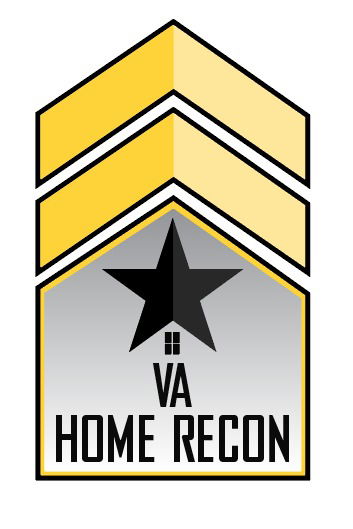Common Law Marriage & VA Loans

Common-law marriage is an old concept and an often misunderstood one.
These are basically marriages where two people live together for a certain period of time, present themselves to family and friends as married but never actually have a wedding ceremony or obtain a marriage license.
Most states don’t recognize these unique unions, but on occasion questions about common-law marriage do arise for veterans looking to use their VA loan benefits.
Common-Law Marriage States
Only about a dozen states continue to recognize new common-law marriages. A few states that have outlawed new common-law marriages still recognize older ones that have been “grandfathered in.”
According to legal website Nolo, here’s the list of states that recognize at least some common-law marriages:
Requirements for what constitutes a common-law marriage can vary by state. Couples who live together for a certain number of years -- seven is a frequent one cited -- don’t automatically become common-law spouses.
Veterans, service members and their families can check with their applicable state office or consult an attorney for more information about common-law marriage requirements and guidelines.
Common-Law Marriage & Down Payments
The VA and lenders can recognize common-law marriages for home loan purposes, provided you’re buying in a state that recognizes common-law marriage and you and your spouse meet the state’s requirements.
In addition, different lenders may have different requirements. Talk with a loan officer in more detail.
Determining your common-law status can be critical for couples who each want to be on a VA-backed mortgage. For veterans seeking a VA loan, having a co-borrower who is neither a spouse nor an eligible veteran requires a 12.5 percent down payment.




